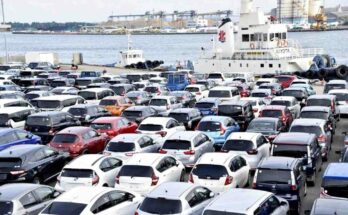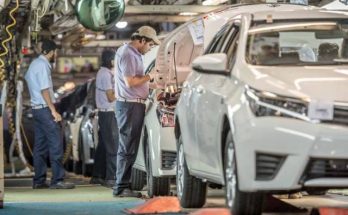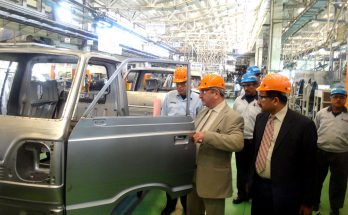The last few years have seen an astounding increase in new car prices in Pakistan. The situation has been getting more and more perplexing with each passing month, especially since the start of this calendar year as automakers announced up to 5 price hikes during the first three months.
Despite claiming to have achieved higher localization, assemblers have given us repeated shocks in the last month, blaming higher raw material costs due to the rupee’s depreciation against the US dollar. Efforts have never been made towards localizing hi-tech engine parts as stakeholders remain focused on cosmetic changes such as reworked bumpers and grills in the name of new models.
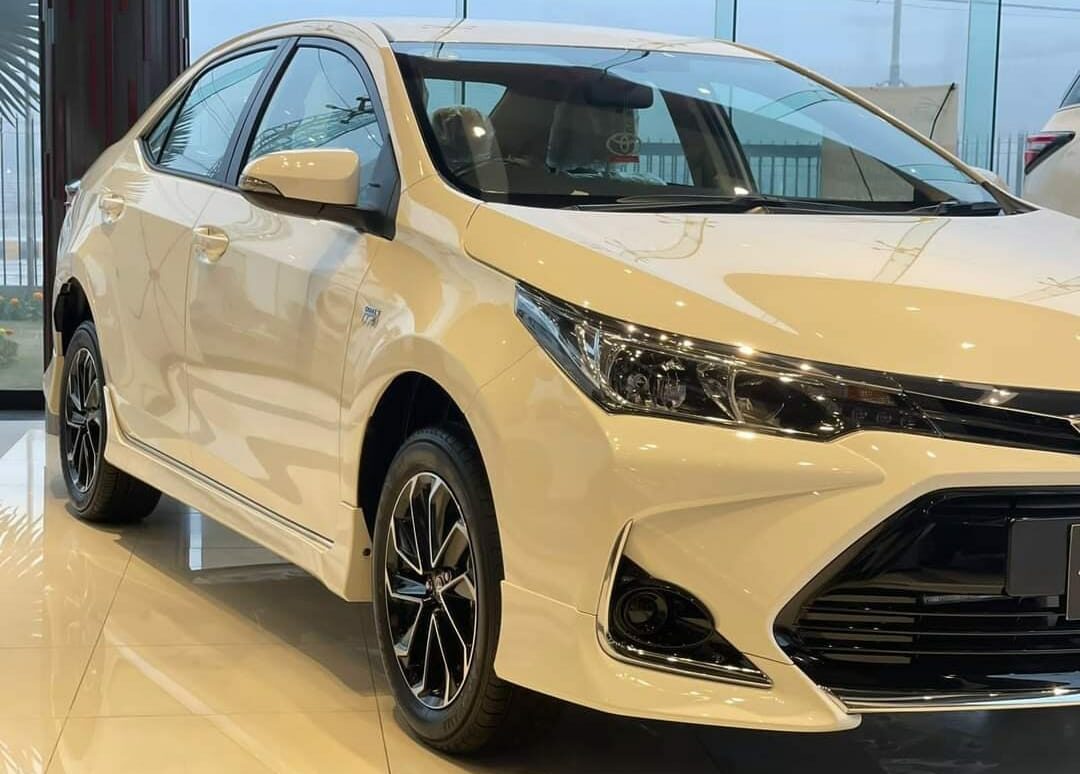
Now according to a recent report published in Dawn, a renowned financial consultancy firm hired by the Pakistan Association of Parts and Accessories Manufacturers (PAAPAM) has revealed massive discrepancies in the price hikes made by the local auto assemblers.
Related: Non-Production Days and Insufficient Localization
The firm’s findings reveal that car prices have jumped by up to 149% in the last 5 years despite around 71% rupee devaluation and the rise in parts’ prices by 33% to 112%. For example, forging components prices increased by 91% after standing steady from 2019 to 2023, according to PAPAAM’s consultancy firm’s revelations, while the price of the Toyota Corolla Altis 1.6 increased by 149%.
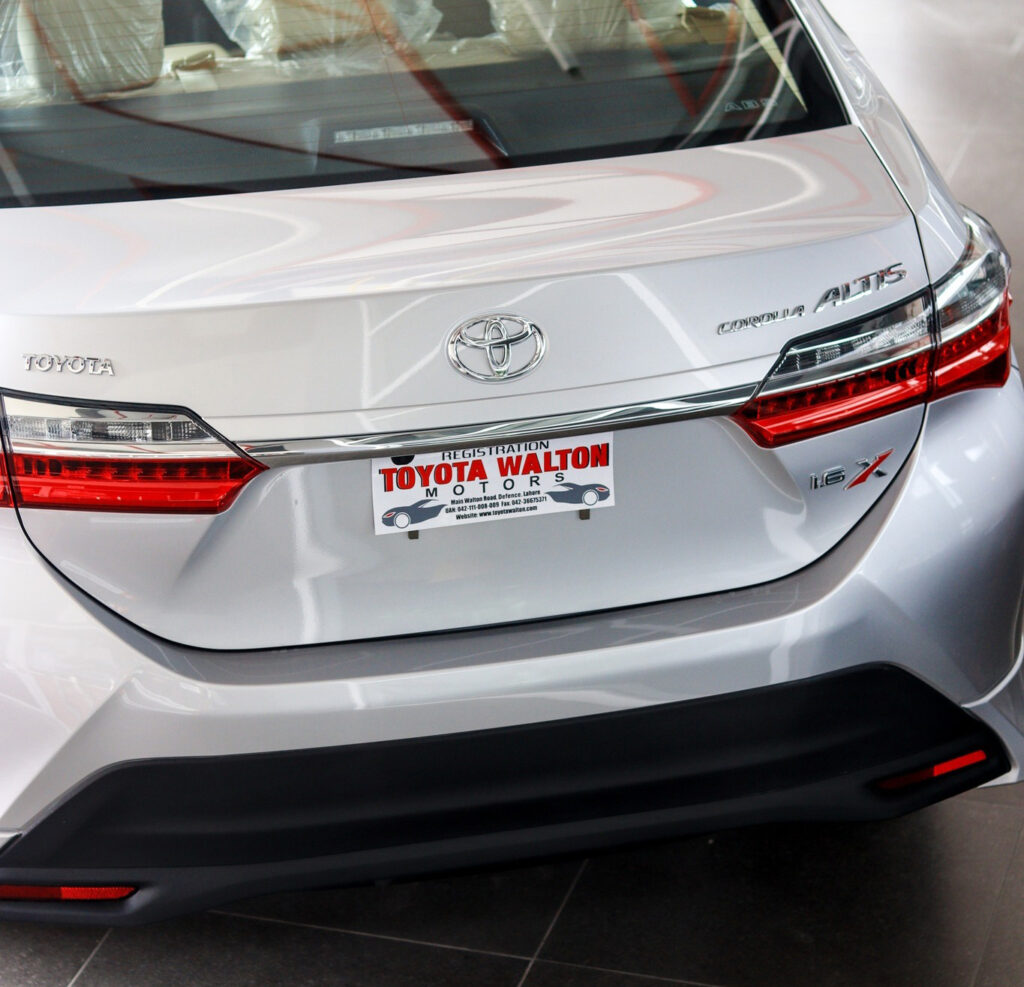
In response, however, Ali Asghar Jamali, the CEO of Indus Motor Company (IMC), the assemblers of Toyota cars in Pakistan, has refuted the PAPAAM report. Jamali said:
“I am shocked and surprised over the misleading data. Too bad, vendors should have checked the data of the presentation.”
According to a Pak Suzuki executive, the parts vendors’ claim does not appear to be correct because assemblers, particularly Pak Suzuki, have a fair price management mechanism in place where the majority of things such as forex, national and international raw material and other material costs, utilities, overheads, and labor rates are uniformly transferred to all suppliers on a regular basis. He said:
“I do not know where and how these isolated studies come out. It is better that if any party has an issue, they can sit jointly and resolve the matter.”
In an analyst briefing of Pak Suzuki held in May 2022, it was reported that new Swift’s localization had reached 35%, Cultus 51%, Wagon R 60%, and Alto 62%, while 44-years old Bolan and Ravi has 72% and 68% localization respectively.
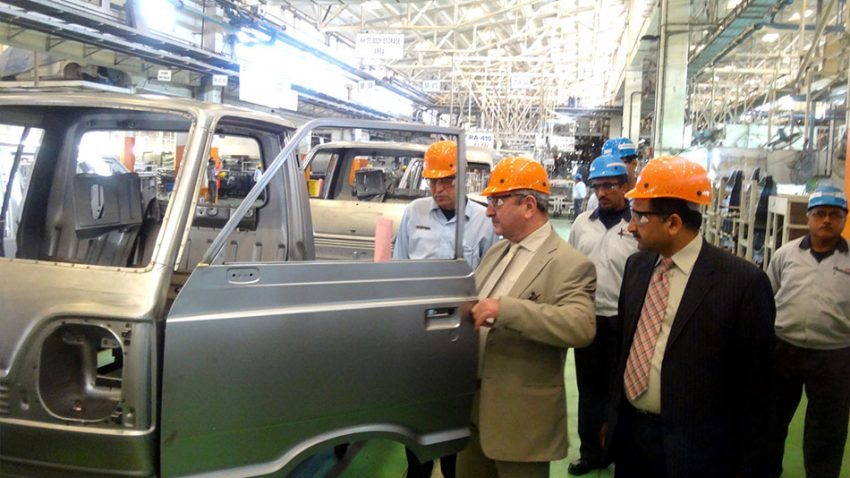
However, the CEO of Baluchistan Wheels Limited Irfan Ghani, claims that local parts content in Alto is 30-35% while Suzuki Swift is being rolled out with just 20% local parts. Meanwhile, the super-obsolete Suzuki Ravi and Bolan have just 50% local parts.
Related: ‘Higher Localization’ Fails to Deliver Cheaper Vehicles
He said the last five years have seen no localization of parts by vehicle assemblers. The exchange rate parity on imported parts will compel consumers to continue paying astronomical prices for automobiles. The government should impose a heavy fine on those assemblers who can make parts with the help of vendors but prefer to import, Ghani added.
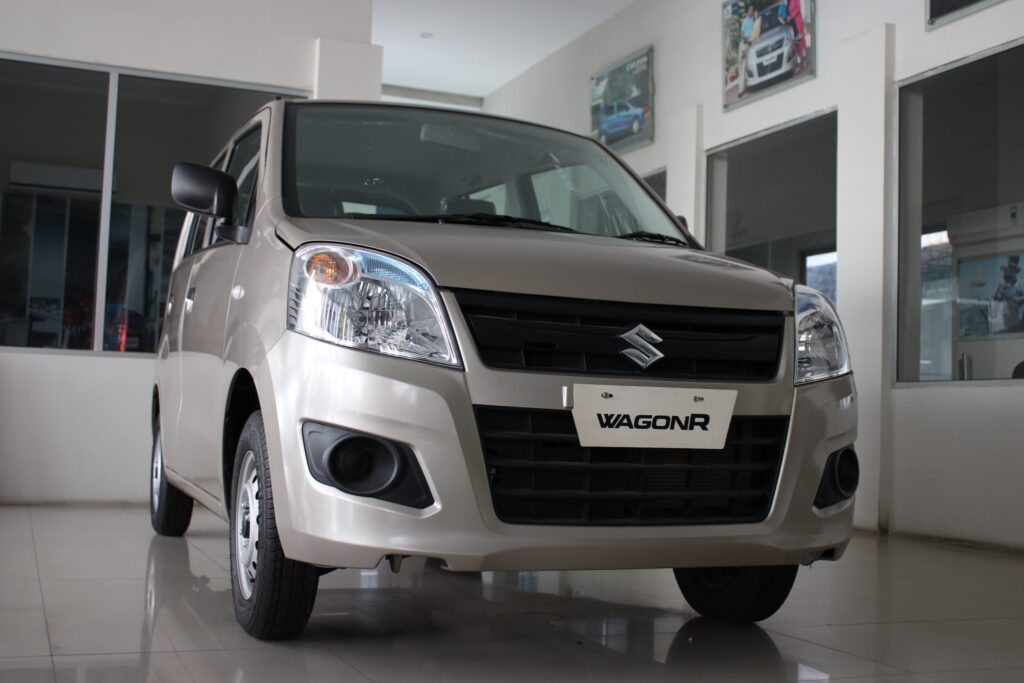
Low localization, according to the auto part manufacturer and exporter Mashood Ali Khan, is unquestionably one of the primary causes of continuing price increases. He said any deletion that took place was solely a result of the government’s deletion program. The goal was not able to be achieved once the Tariff Base System (TBS) took the place of the deletion program.
Related: Can We Settle the Localization Debate With This?
Mashood claimed that the government needed to carefully lay out a strategy for the auto industry. Local production of industrial raw materials enables suppliers to build parts more affordably. This is a more practical method of price regulation. “The Engineering Development Board and the government in Pakistan have no vision,” he added.

Another vendor argued that the government should significantly alter the Auto Industry Development and Export Plan (AIDEP) 2022–2026 by requiring that assemblers export a predetermined number of automobiles and parts. He urged that AIDEP be amended to reinstate the deletion programs in their entirety along with thorough monitoring procedures.
Related: Why Pakistan Usually Get Globally-Retired Cars?
PAAPAM’s consultant presentation asked the vendors to urge the local auto assemblers to increase their prices with the same frequency, timing, and percentage that the assemblers do for their own products. The payment schedule must mirror that of the original equipment makers’ own customers. Furthermore, to give suppliers the materials they require for production, a material bank must also be established.
Full Story: Dawn

A computer animation professional with over 23 years of industry experience having served in leading organizations, TV channels & production facilities in Pakistan. An avid car enthusiast and petrolhead with an affection to deliver quality content to help shape opinions. Formerly written for PakWheels as well as major publications including Dawn. Founder of CarSpiritPK.com

